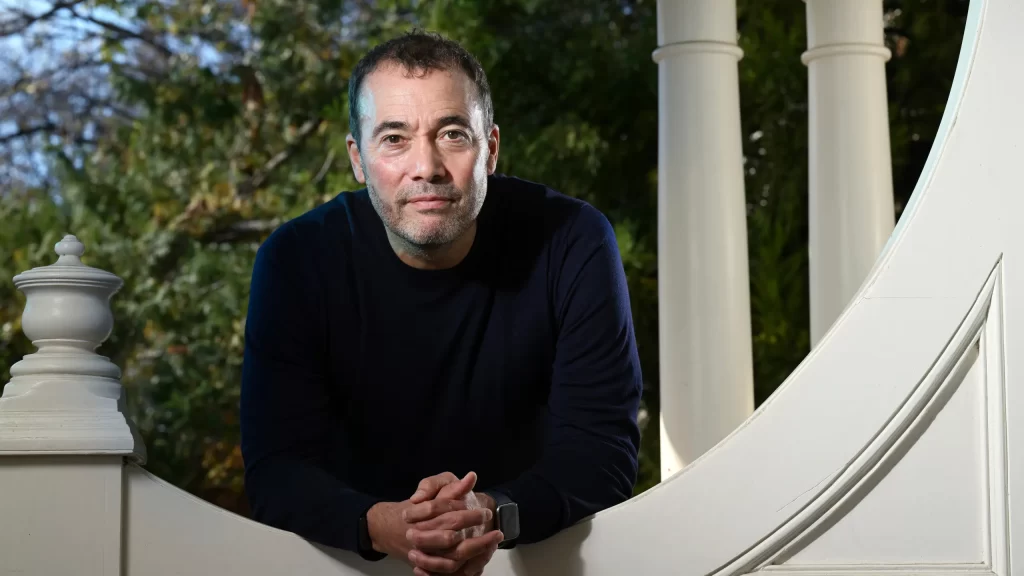
The Washington Post has named veteran media executive Will Lewis to serve as its new CEO and publisher, hoping to turn around a recent slump that has seen job cuts and a declining audience.
Lewis is the former top executive at the Wall Street Journal and lately founder of a start-up that tries to deliver news to young people. Post owner Jeff Bezos announced the appointment in an email to staff shortly before 8:30 Saturday night, after The New York Times published the news.
Lewis, 54 and British born, began as a reporter and moved into management, first at the Daily Telegraph in England. He worked for Rupert Murdoch at News Corp. for a decade.
The Post exploded in popularity during the Trump administration but recently has faced the same economic troubles as much of the news industry. It has gone through rounds of layoffs, shuttered its Sunday magazine and last month said it would offer 240 voluntary buyouts to its staff.
Outgoing interim CEO Patty Stonesifer said that during a recent period of growth, the newspaper spent more than it could afford because financial projections were too optimistic.
Lewis said in a news release that he was “thrilled and humbled to be at its helm as both a media executive and former reporter.” He was not made available for comment on Sunday.
“As I’ve gotten to know Will, I’ve been drawn to his love for journalism and passion for driving financial success,” Amazon founder Bezos, who has owned the Post since 2013, said in the memo to staff members.
“Will embodies the tenacity, energy and vision needed for this role,” Bezos said. “He believes that together we will build the right future for the Post. I agree.”
Lewis will assume the role at the Post effective Jan. 2, succeeding Stonesifer, who came on when Fred Ryan stepped down earlier this year after nearly a decade in the job. Stonesifer was formerly chief executive of the Gates Foundation and a member of the Amazon board.
The Post newsroom is led by Sally Buzbee, its executive editor.
“The Post needs to figure out what it can do to make it uniquely indispensable,” said Tom Rosenstiel, a journalism professor at the University of Maryland. The Times has expanded digitally with new areas of focus in recent years, including the popular Wirecutter consumer feature and a variety of games. It doesn’t make sense for The Post to compete in areas that The Times effectively owns, he said.
The Post wisely brought back its Style brand recently and would be smart to emphasize its strength in investigative reporting, Rosenstiel said.
Before going to the Journal, Lewis was chief creative officer of Murdoch’s News Corp., and group general manager for the company in the United Kingdom. He’s also known to be close to former British prime minister Boris Johnson.
“He’s clearly going to have to prove to people at The Washington Post that he’s a journalist first and a political person second,” Rosenstiel said.
Lewis is currently the founder, CEO and publisher of The News Movement, a social-first media business targeting a Gen Z audience. The Associated Press has worked with The News Movement, and Lewis is currently vice chair of the AP’s board of directors.
The Post has cited Lewis’ success in building up digital subscriptions at the Journal, much like CNN recently pointed to former New York Times executive Mark Thompson’s work in the same area when it named Thompson as its chief executive. Lewis’ work trying to build young audiences is a plus when it’s important to the news industry in general, Rosenstiel said.






